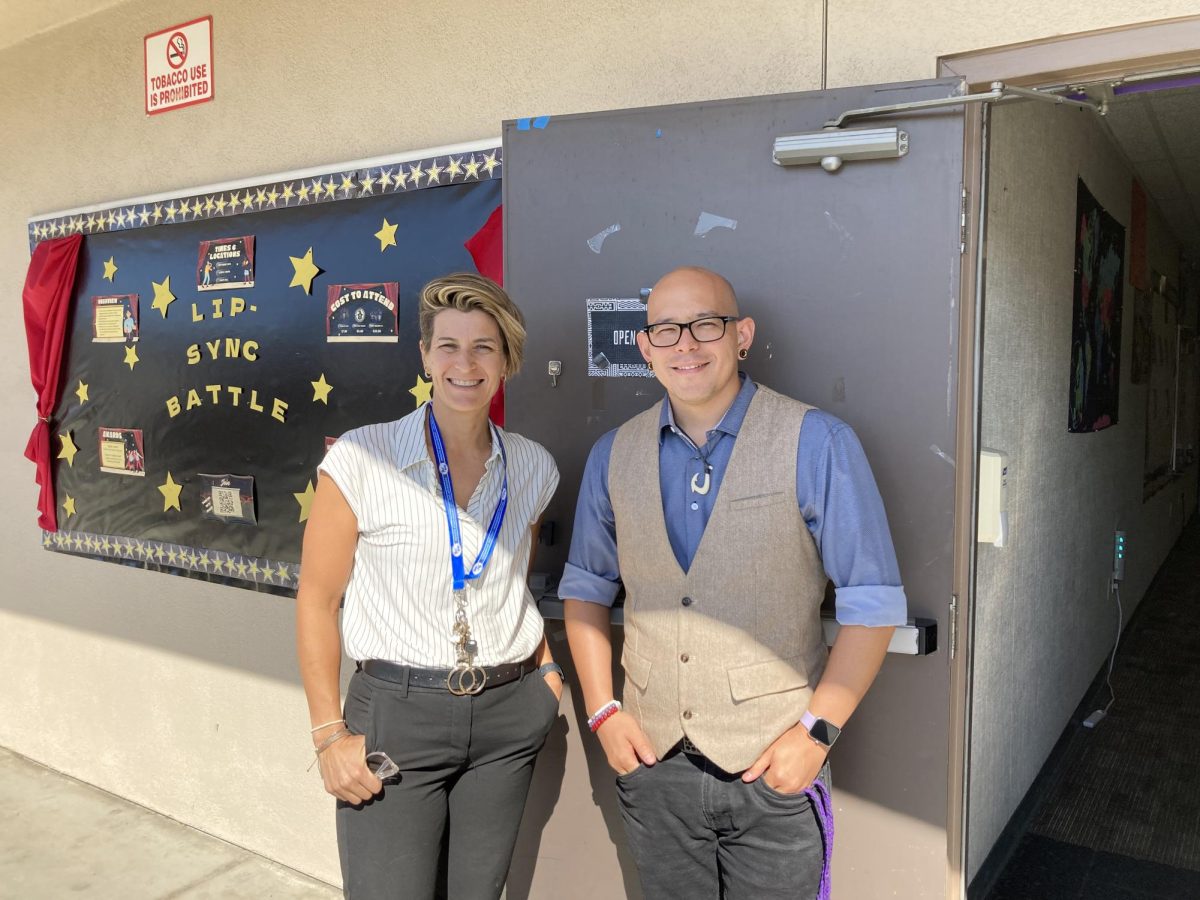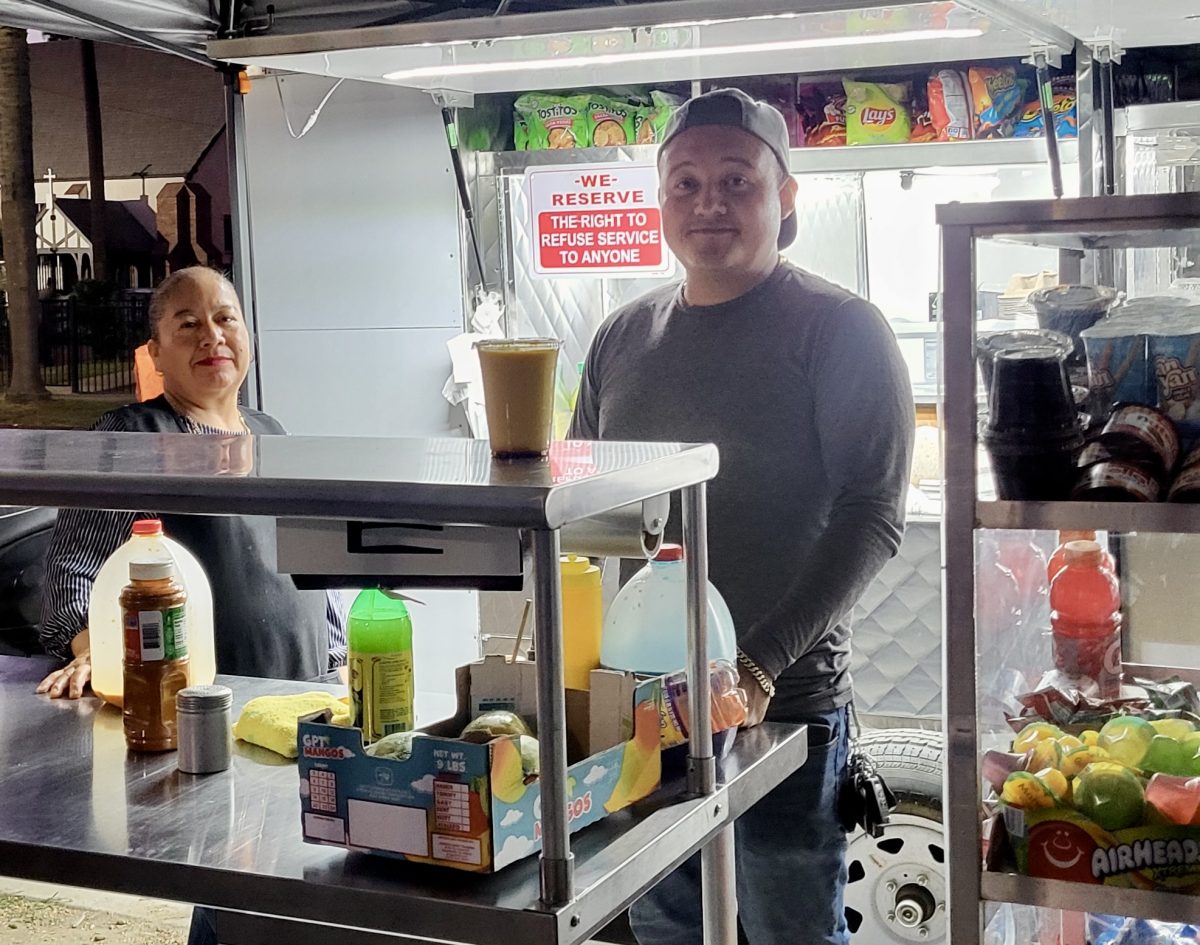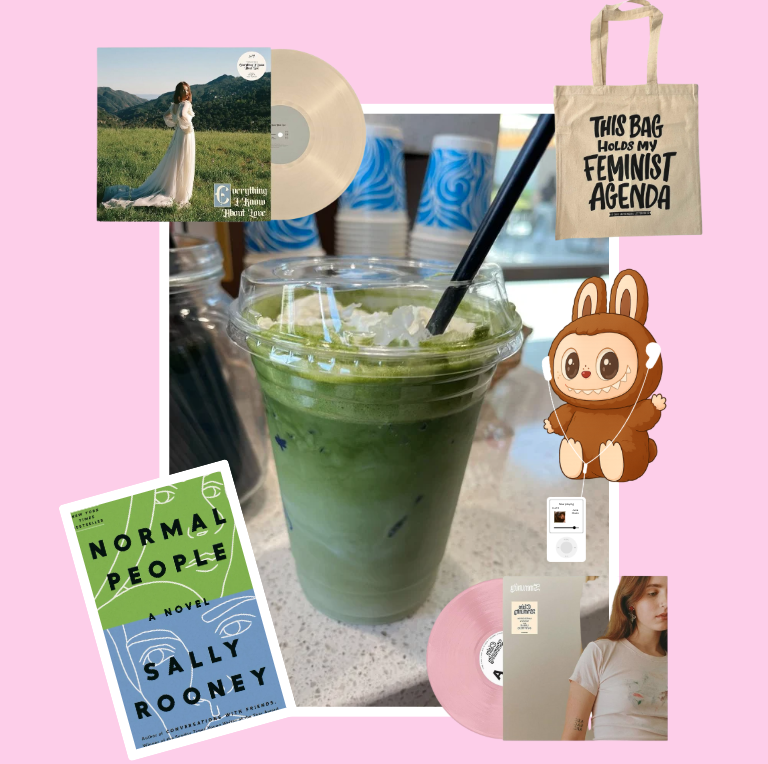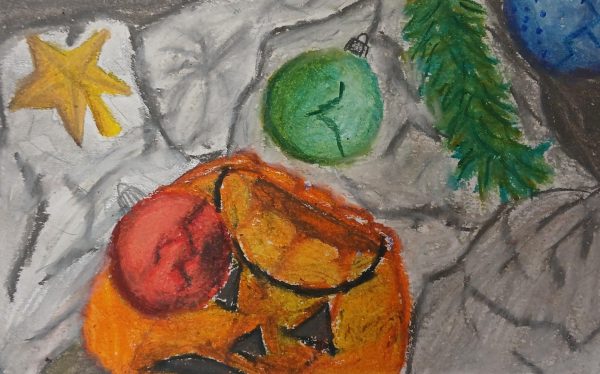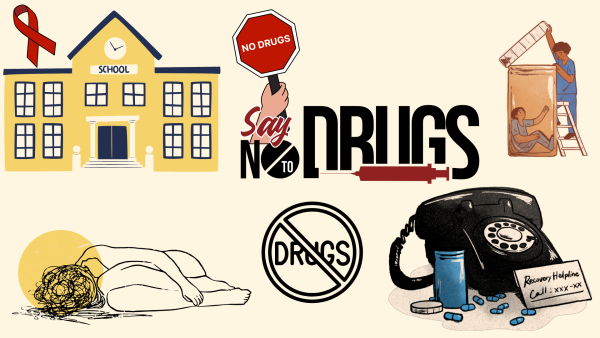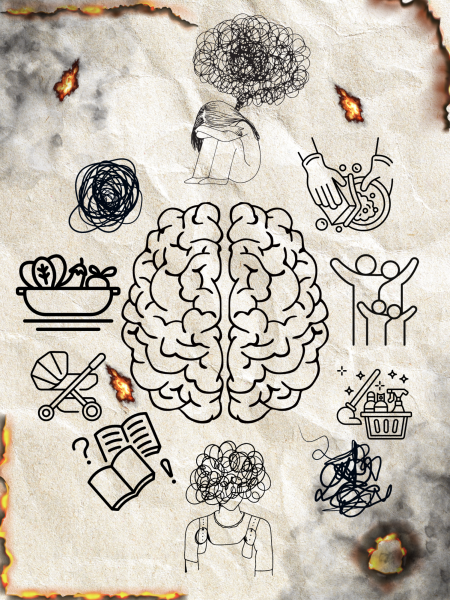Help save a fishy friend
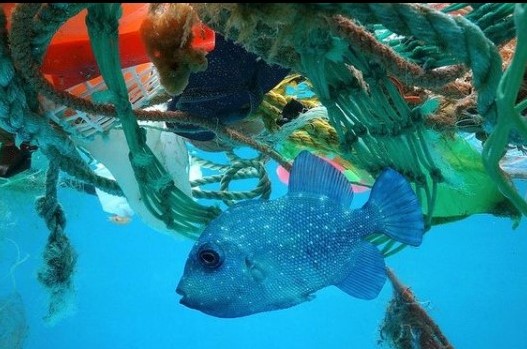
@ocean_pollution2020 (via.Instagram)
A beautiful fish’s ecosystem is damaged by waste from land.
Every hour over 1.5 million pounds of trash is dumped into our oceans, putting animals at risk of extinction and harming our planet. Researchers say that by 2050 our ocean will be filled with more plastic than fish.
The problem of ocean pollution isn’t one to take lightly. It is a constant risk that is being set on our planet. As the years go by, the numbers of trash dumped everyday, animal extinction risk, and having no clean water simply start going up.
Let’s put this into perspective. The ocean represents the full 100%. Out of that 100% we have only discovered 5% and based on research we can assume that about 10% of the ocean is filled with trash. We know more about the trash in the ocean than the ocean itself. One of the worst parts is that we are unaware as to where the majority of that trash ends up as we can only assume that a percentage ends up in the undiscovered parts of the ocean.
While another percentage of it ends up in the stomach of animals, around their neck and legs, or stuck somewhere in their bodies. 318 animals have gone extinct due to pollution around the world and 15 of those animals came from the ocean and now 72 marine animal species are at risk of extinction over the next 20 years.
There are many alternatives and solutions we can do in our everyday lives to help save our planet little by little, from simply starting to put trash in the correct bin. The highest form of trash that ends up in the ocean is plastic. And only 9% of plastic is recycled while 79% is left to float around the ocean and end up in the animal’s stomach. Small changes such as using a reusable bag instead of a plastic bag can save 20 years of decomposition.
Karla Reinhardt, 50, an ocean ally shares her small actions to help save the ocean.
“I recycle whatever I can. I have reusable straws, bags, bottles and mugs. I try to alway bring my own water bottle for events. Last year I finally made my own boba tea, since it uses a lot of plastic. Oh, and I use a shampoo bar and soap bars instead of bottled products,” she said.
Reinhardt shares that she is participating in the Scripps- Rady Ocean Plastic Pollution Challenge. The challenge focuses on finding effective ways to decrease plastic in the ocean, in hopes of bringing it to an end.
Reinhardt shares her insight on ocean pollution.
“Just start small and do everything you can. It’s a huge problem, but everything will ultimately make a difference.”
Ocean pollution isn’t going away overnight; it will take years to help fix this problem. If we all work together even the slightest changes will take us one step closer to saving countless animal lives and healing our planet.

I love the color pink, I love to bake, and I have seven lovely pets. :) <3


